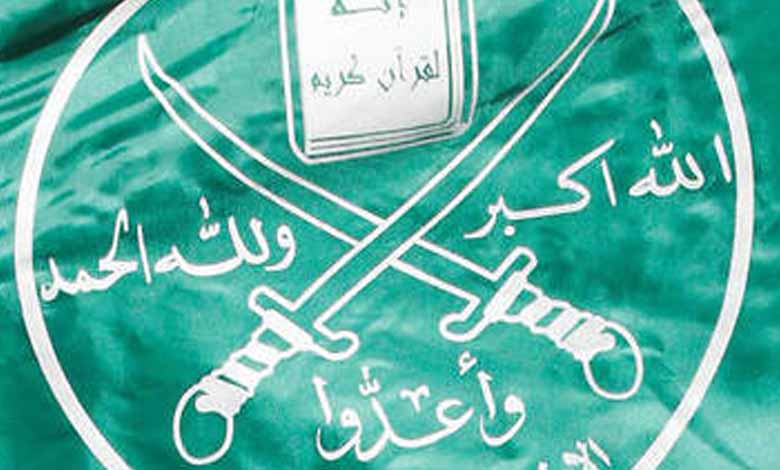Analyst reveals the state of organizational conflict raging between factions within the Muslim Brotherhood

Structural changes made by the Brotherhood in London over the past weeks include the appointment of new officials, in light of ongoing attempts to resolve the conflict, and a reduction in the powers of the Istanbul Front after Salah Abdel Haq officially took over as acting Supreme Guide from Ibrahim Mounir.
Major changes
A report from Vision confirmed that the changes include the new structure movement within the Brotherhood to choose a secretary to the international organization to succeed Ibrahim Munir, who was in charge of the position, in addition to assuming the functions of acting leader. Mahmoud Al-Iberi was most likely selected for this position, as well as a new official from the Brotherhood, who will be in charge of coordinating and exchanging information with the organization’s rules inside Egypt, and who is Mohieddin Al-Zayt.
Meetings and discussions are currently taking place within the two warring fronts, to complete the remaining administrative structures, to contain several financial and organizational files in light of the ongoing attempts to resolve the organizational conflict between them. The London Front is currently aiming at the extent of its ability to control matters within the organization and seize all the powers that Mahmoud Hussein, a leader of the Istanbul Front who declared himself acting Supreme Leader of the Republic, previously. According to sources, Salah Abdel Haq, appointed acting Supreme Guide by the London leadership, cannot manage many files, most notably the ability to coordinate and communicate with the organization’s leadership inside Egypt.
structural movements
Hisham Al-Najjar, a researcher specializing in terrorist groups, says that the recent structural movements are mainly aimed at establishing a link with the Egyptian Muslim Brotherhood inside Egypt through Mohieddin Al-Zayt, who has the organizational expertise to manage this file, in addition to coordinating efforts to control all the financial and organizational files that are still in the hands of Mahmoud Hussein and his group, and which represent a source of strength to resolve the current conflict.
He added that the current void within the Muslim Brotherhood reflects the current status of the Brotherhood to fill the organization’s vacant positions, whether that of the London Front or the Istanbul Front. Both parties are currently seeking to complete their organizational structures to exercise full powers and emerge as a coherent structure, contrary to the fact that confirms the collapse of the organization’s structure and the erosion of its structure.
Internal crises
He added that the state of organizational conflict is still raging between the two fronts, both of which aim to control the Muslim Brotherhood in Egypt and rally the loyalty of the internal bases in its favor to control the organization and resolve the conflict in its favor. In contrast to the actions of the London Front, there are also moves by Mahmoud Hussein and his group to gain the trust of the Egyptian group; The most prominent of these decisions was the appointment of new youth groups to executive positions within the Brotherhood to attract the largest number of groups that oppose it, something that happened in the past period.
The Continuation of Conflict
He pointed out that the organizational conflict will continue to grow during the coming period, especially as the reality says that there are alternative institutions affiliated with each front at present, reflecting a state of chaos within the organization, as well as attempts by the leaders of both fronts to resolve all tools of conflict between them; This will strengthen the state of organizational fragmentation within the Brotherhood and lead to further radicalization and collapse in the coming period.












